What Are Glutathione Injections?
Glutathione is a tripeptide made of cysteine, glycine, and glutamic acid, present in nearly every cell of the human body. It functions as an antioxidant and is involved in detoxification, immune system processes, and cellular repair.
When people refer to glutathione injections, they mean administering glutathione intramuscularly (IM), intravenously (IV) or subcutaneously—rather than simply taking it orally or in topical form. The idea is that injected glutathione reaches the bloodstream more directly and may raise tissue levels more quickly.
Why People Consider Them
Users often seek glutathione injections for:
- Skin‐lightening or skin‐brightening effects (commonly marketed)
- “Detoxification”, antioxidant support, immune system aid
- Additional applications in complementary or aesthetic medicine (though many lack strong evidence)
Potential Benefits and Uses
While the marketing around glutathione injections can be broad, it is important to ground expectations in evidence.
Possible Benefits
1. Antioxidant support
Glutathione acts at the cellular level to neutralize reactive oxygen species and reduce oxidative stress. Some medical papers suggest possible benefits in conditions of oxidative damage. For example, IV forms have been studied in limited contexts for fatigue, fibromyalgia, Parkinson’s.
2. Detoxification / liver support
Some clinics advertise that glutathione injections support liver detoxification or help in elimination of toxins. For example, a product listing described glutathione injections aiding detox, immune function, metabolism.
3. Skin-brightening / complexion enhancements
Much of the direct marketing focuses on skin whitening/brightening—the idea being that glutathione influences melanin formation and so may lighten skin tone.
What the Evidence Says
- The oral bioavailability of glutathione is variable; injectable routes may increase systemic levels but high-quality, large-scale clinical data for many of the claimed benefits are lacking.
- For skin whitening in particular, some dermatologists caution that evidence is limited and risks may outweigh benefits.
- The phrase “for sale” may sometimes refer to aesthetic or off-label uses which are less well studied or regulated.
Realistic Expectations
- If considering “glutathione injections for sale”, adjust expectations: you may experience some of the purported effects—but they are not guaranteed, and may require repeated treatments. Also consider cost, administration method, and medical supervision.
Risks, Side Effects, and Safety Issues
Documented Side Effects
- When a product is injected rather than taken orally, the risk profile changes. Documented issues include:
- Nausea, diarrhea, skin rashes, hives, breathing problems.
- More serious risks: liver failure in a portion of patients receiving IV forms in certain studies.
- Redness, swelling, bruising at injection site; dizziness; stomach cramping.
- Kidney dysfunction and nervous system effects when used for skin-lightening without sufficient oversight.
Key Safety Warnings
- The injectables may be compounded and not approved for cosmetic uses—leading to variable purity, sterility, storage conditions.
- Some regulatory bodies warn about unapproved injectable forms of glutathione—“not commercially manufactured or FDA-approved for any specific indication”.
- If you have pre-existing kidney or liver disease, or you are pregnant or breastfeeding, the data is very limited and caution is advised.
Considerations When Buying
- When searching for glutathione injections for sale, ensure you check:
- Who manufactures the injectable product and whether it’s approved/licensed.
- Whether you are receiving it through a medical setter (doctor, clinic) rather than a non-medical distributor.
- Proper storage conditions (refrigeration if required).
- Administration by trained healthcare professionals.
Summary of Risk vs Benefit
While there may be potential benefits, the risks cannot be overlooked. Particularly when buying injections online or from unverified sources, the possibility of contamination, improper dosage, and non-medical administration rises significantly.
Availability, Pricing and Market Trends
Market Availability
Searches show many manufacturers and suppliers of glutathione injection formulations in India. Some clinics list “glutathione injections” as aesthetic treatments or skin-brightening solutions.
Pricing Insights
- One source notes that in India, glutathione injection cost per session can range between ₹5,000 to ₹20,000 (or more) depending on dose, clinic, delivery method.
- Another mention in India costs from ₹4,800 to ₹8,000 per session.
- On the international market, some clinics offer starting prices such as US$179 for subcutaneous/IV glutathione injections.
What “For Sale” Means
- “For sale” can mean wholesale suppliers of injectable vials, or clinics offering injection sessions.
- Important difference: buying the vial (and self-injecting or unsupervised) is different from receiving the injection under medical supervision.
- The safety, legal status, and quality may vary significantly depending on geography, regulatory system, and whether the injection is for approved uses.
Your Decision Points
- If you are considering purchasing “glutathione injections for sale”, reflect on:
- Are you buying the vial product (so you will administer or someone will administer) or booking a clinic session?
- What is your planned use (medical indication, aesthetic)? Is it approved in your country for that use?
- What is the cost relative to benefits, risks, frequency?
- Is the provider reputable and medically supervised?
How to Evaluate Suppliers and Clinics
When the search term glutathione injections for sale brings up suppliers or clinics, here are criteria you should check:
Supplier Checklist
- Manufacturer/Brand: Verify manufacturing license, composition, batch number.
- Storage and Cold Chain: Ensure injections have been stored according to required conditions.
- Regulatory Compliance: Ask for approvals or certifications, check if injection is legitimately authorized.
- Prescription and Administration: Even if you buy the vial, it should require a prescription and be administered by a trained professional.
- Transparency: Clear labeling of dose, ingredients, expiration, method of administration.
- Reviews and Reputation: Especially for clinics offering injection services for skin-brightening or aesthetic uses.
Ethical Concerns Around Skin-Whitening Use
Marketing injections for skin-whitening raises ethical issues: it may promote unrealistic beauty standards and use of pharmaceutical protocols for cosmetic rather than medical needs. Additionally, many regulatory agencies flag such uses as unapproved or risky.
Practical Realities
- Even if you receive glutathione injections, the effect may be gradual and require multiple sessions—results are not typically instant or dramatic without risk.
- Maintenance may be required.
- Cost and risk need careful balancing.
- Lifestyle, diet, sun protection, skincare regimen remain important—an injection alone is rarely a silver bullet.
Informed Decision Making
The decision to pursue injections labelled glutathione injections for sale should involve:
- Discussion with a medical professional (dermatologist, physician) especially if you have underlying health issues.
- Understanding that this is not risk-free and that even medically supervised injections carry side-effect potential.
- Verification of supplier/clinic legitimacy.
How to Use (If You Choose To)
Preliminary Assessment
Before starting:
- Medical history review (kidney/liver status, allergies)
- Consultation about realistic expectations and alternative options
- Ensure consent and information about risks given
Injection Protocols (Commonly Reported)
While protocols vary widely, some sources report:
- Initial dosing 300-600 mg IM 3 times weekly, then reduction after several weeks.
- Storage: Injectable forms must be refrigerated and protected from light.
- Administration: Must be done by a trained professional—IM or IV injection into muscle or vein.
Aftercare
- Monitor injection site for redness, swelling or infection.
- Stay hydrated, rest as needed.
- Report any unintended symptoms (dizziness, nausea, rash, breathing difficulty) to the provider.
- Avoid self-administering from non-medical sellers without oversight.
Monitoring and Follow-Up
- Regular kidney and liver function tests if using repeatedly over weeks or months. Dermatologists have cautioned about kidney impact.
- Evaluate outcome: Has the intended benefit (skin tone change, etc) been achieved? Also check for side effects.
- Review the necessity of continuing and consider tapering or stopping if risk outweighs benefit.
FAQs
Q1: Are glutathione injections safe for everyone?
No—they carry risks and are not appropriate for everyone. People with kidney or liver disorders, pregnant or breastfeeding individuals, or those using unverified injections should be particularly cautious. Safety data for certain uses (especially aesthetic skin-whitening) is limited.
Q2: Can I buy glutathione injections online and self-inject?
This is highly discouraged. Many regulatory bodies warn about unapproved injectable glutathione, potential contamination, improper storage, and lack of medical supervision. If you are considering this, at minimum you must verify legitimacy, require proper medical oversight, and follow safe injection protocols.
Q3: How quickly will I see results if I use glutathione injections for skin-brightening?
Results are not guaranteed, and if they occur, they often require multiple treatments over several weeks. Some articles suggest skin tone improvement may be visible after six to eight weeks of consistent protocol.
Q4: What should I avoid after getting a glutathione injection?
Avoid strenuous activity for a short period, monitor for infection at injection site (redness, swelling), stay hydrated, and avoid booking from unverified sources. If you experience unusual symptoms like breathing problems, heavy rash, or severe abdominal pain, seek medical attention.


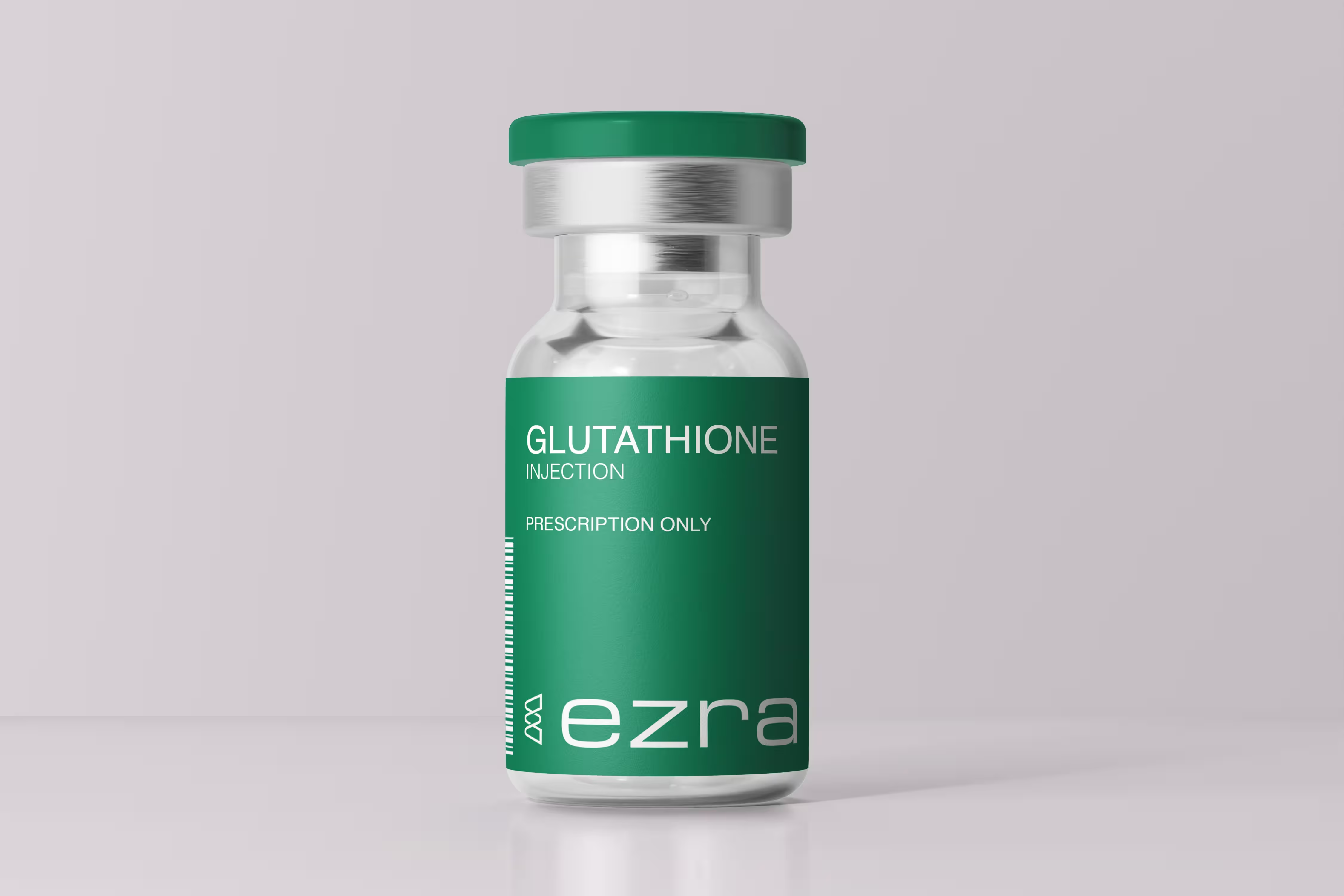
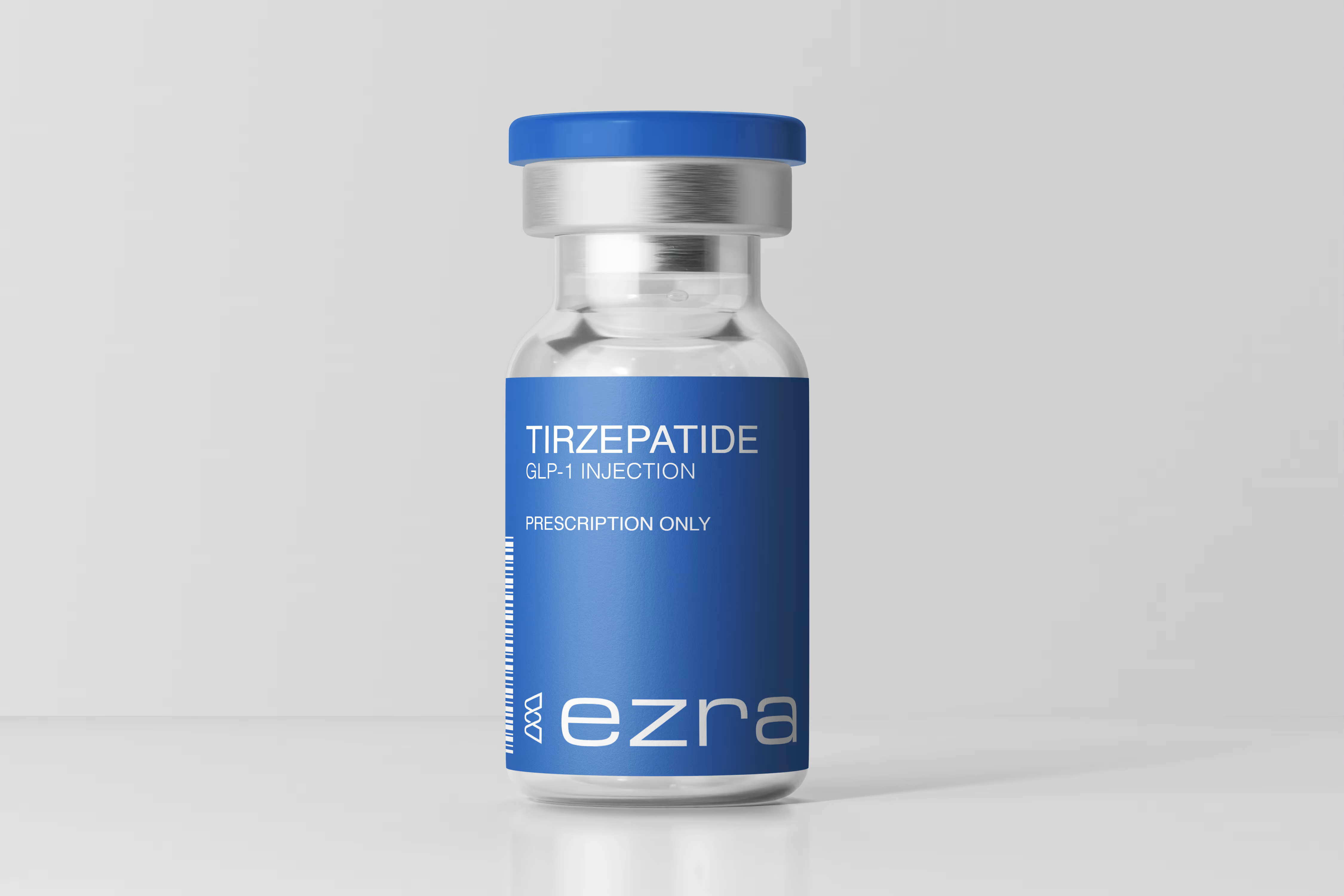



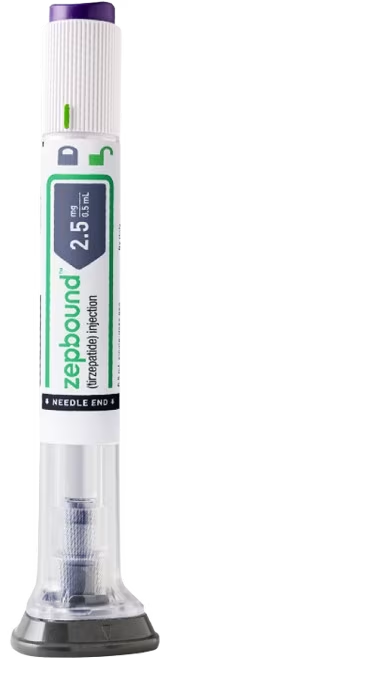




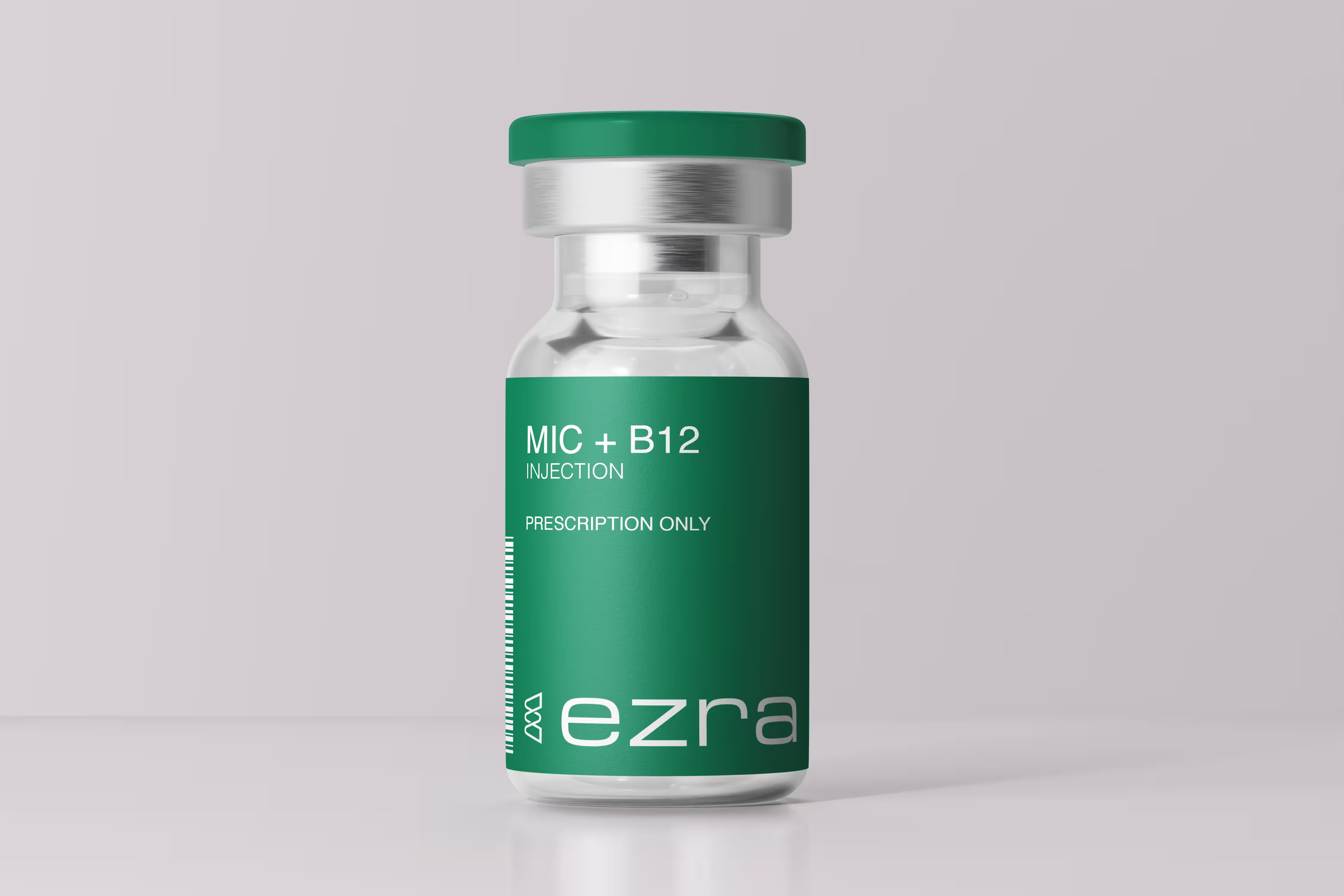







.avif)











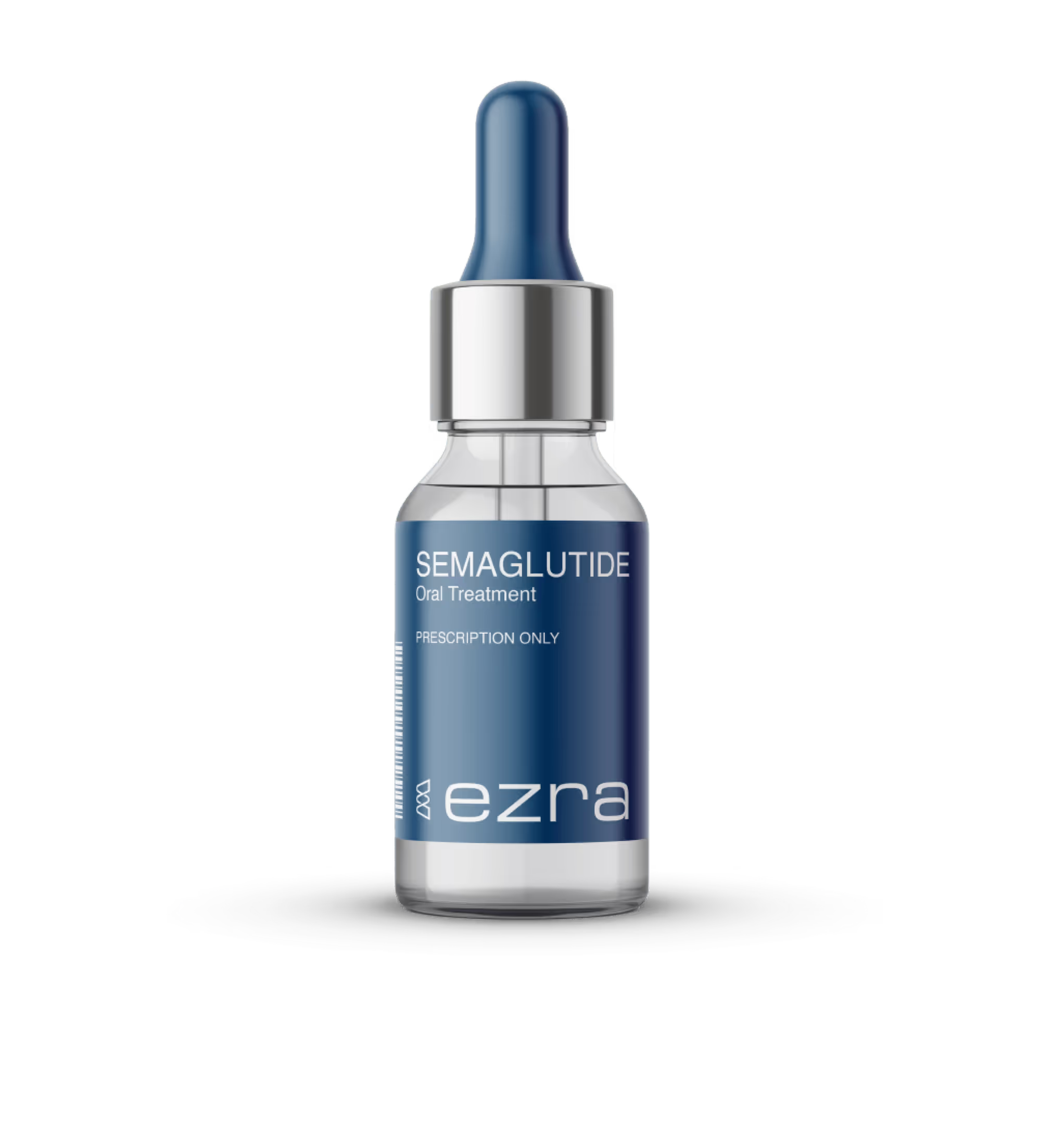

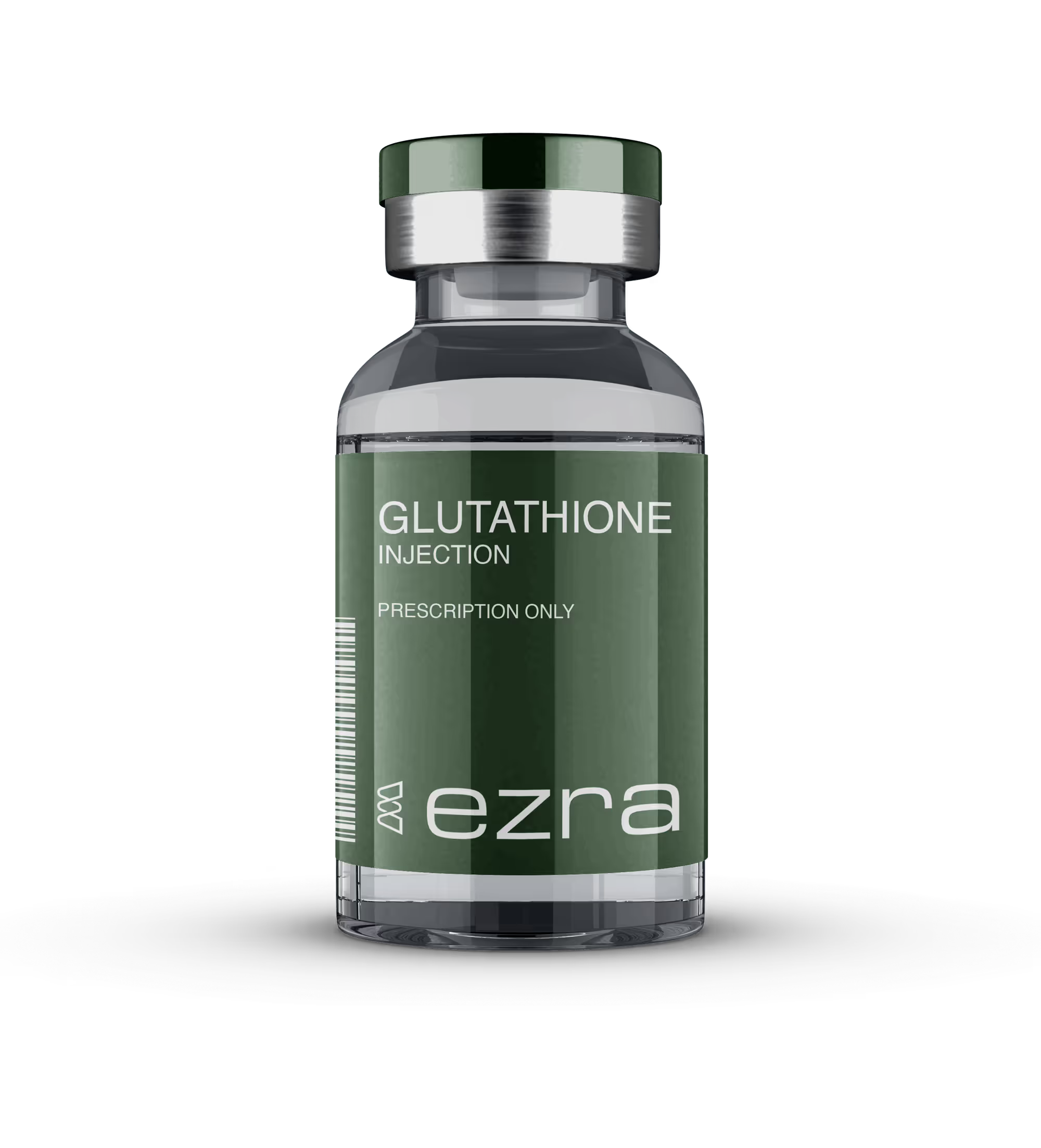
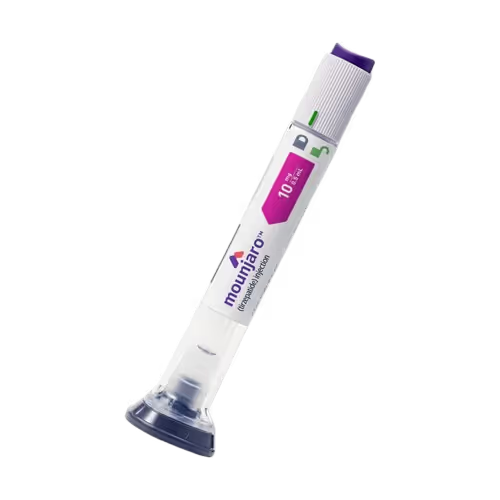
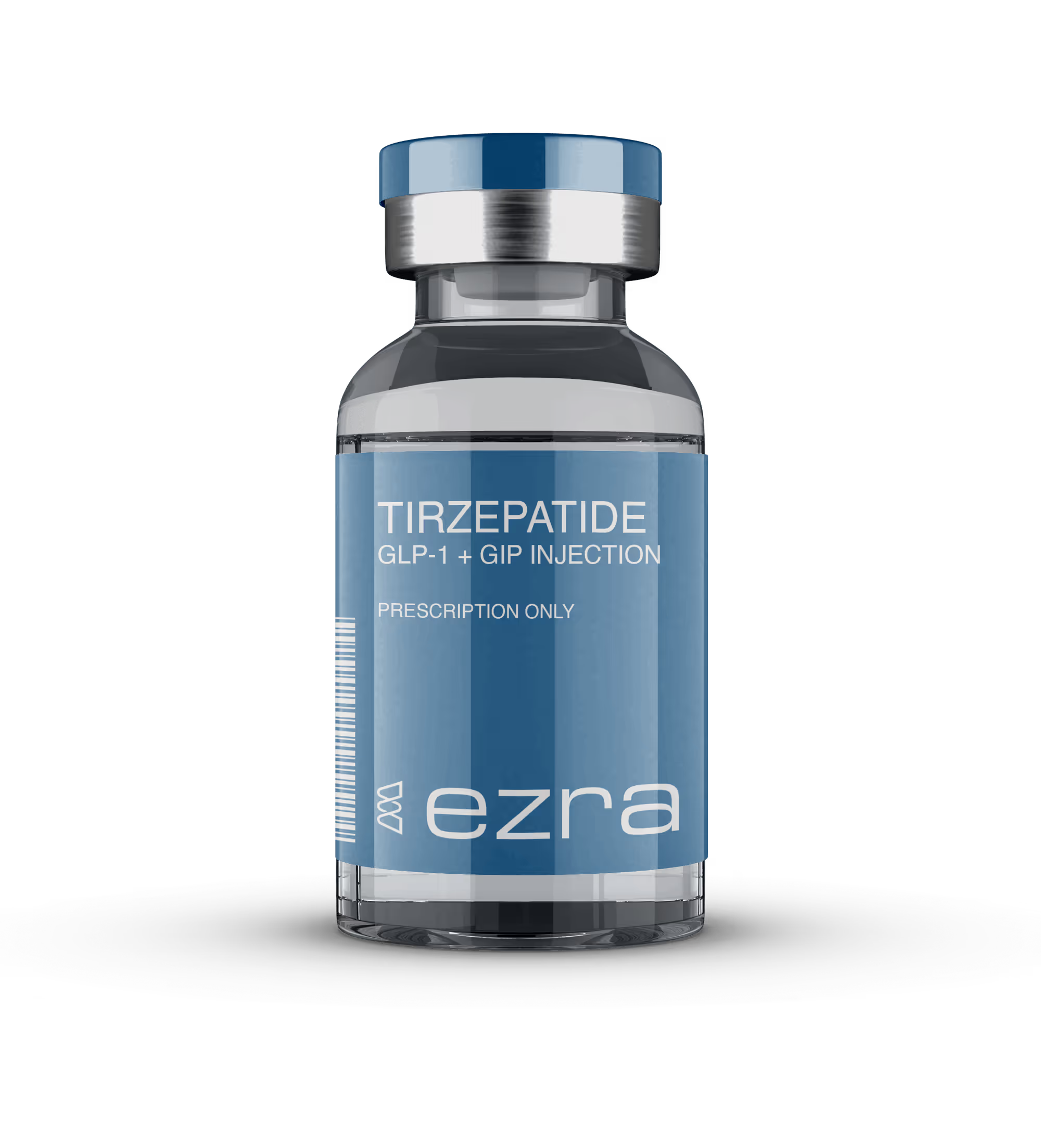
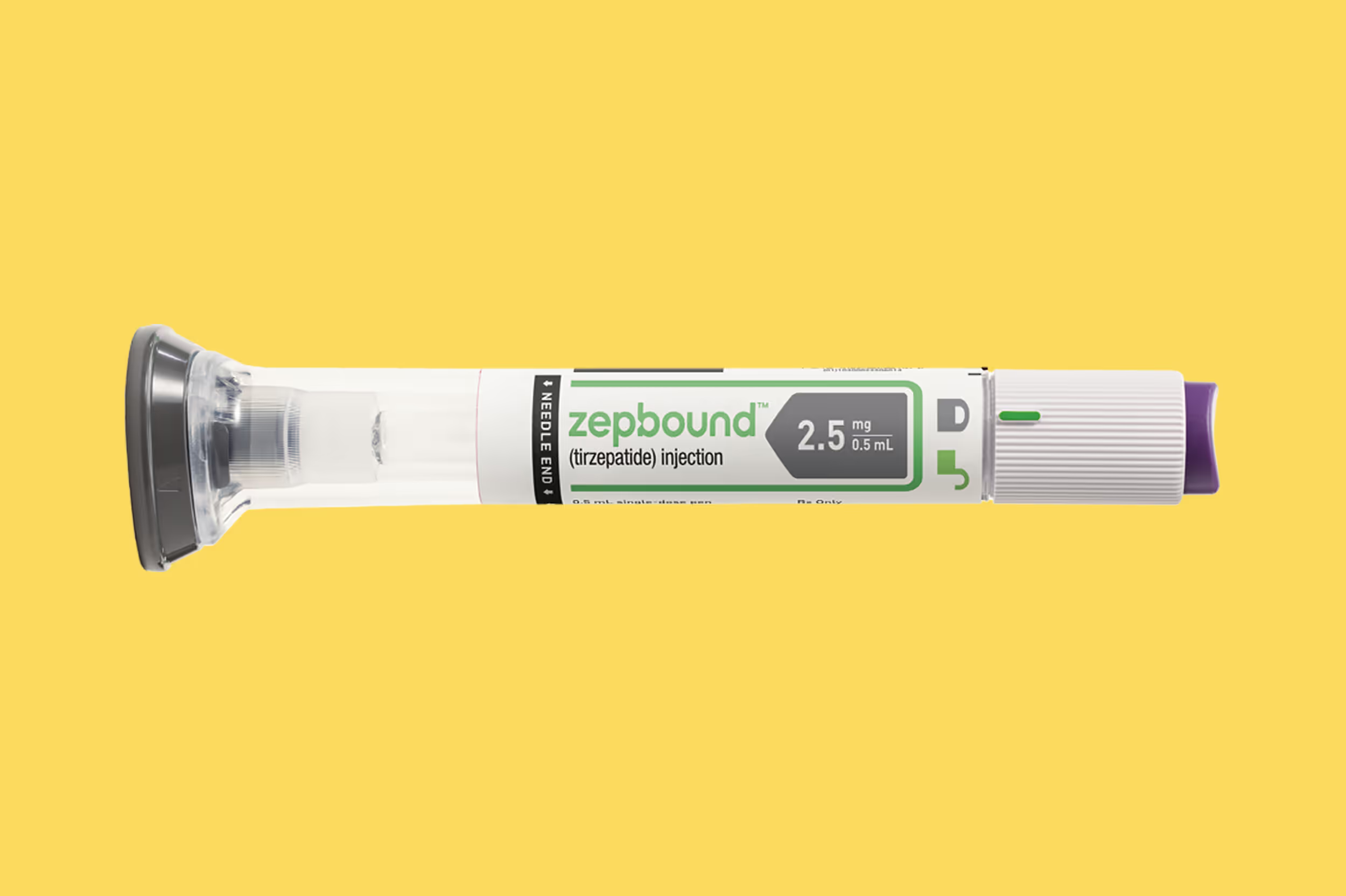



.avif)

